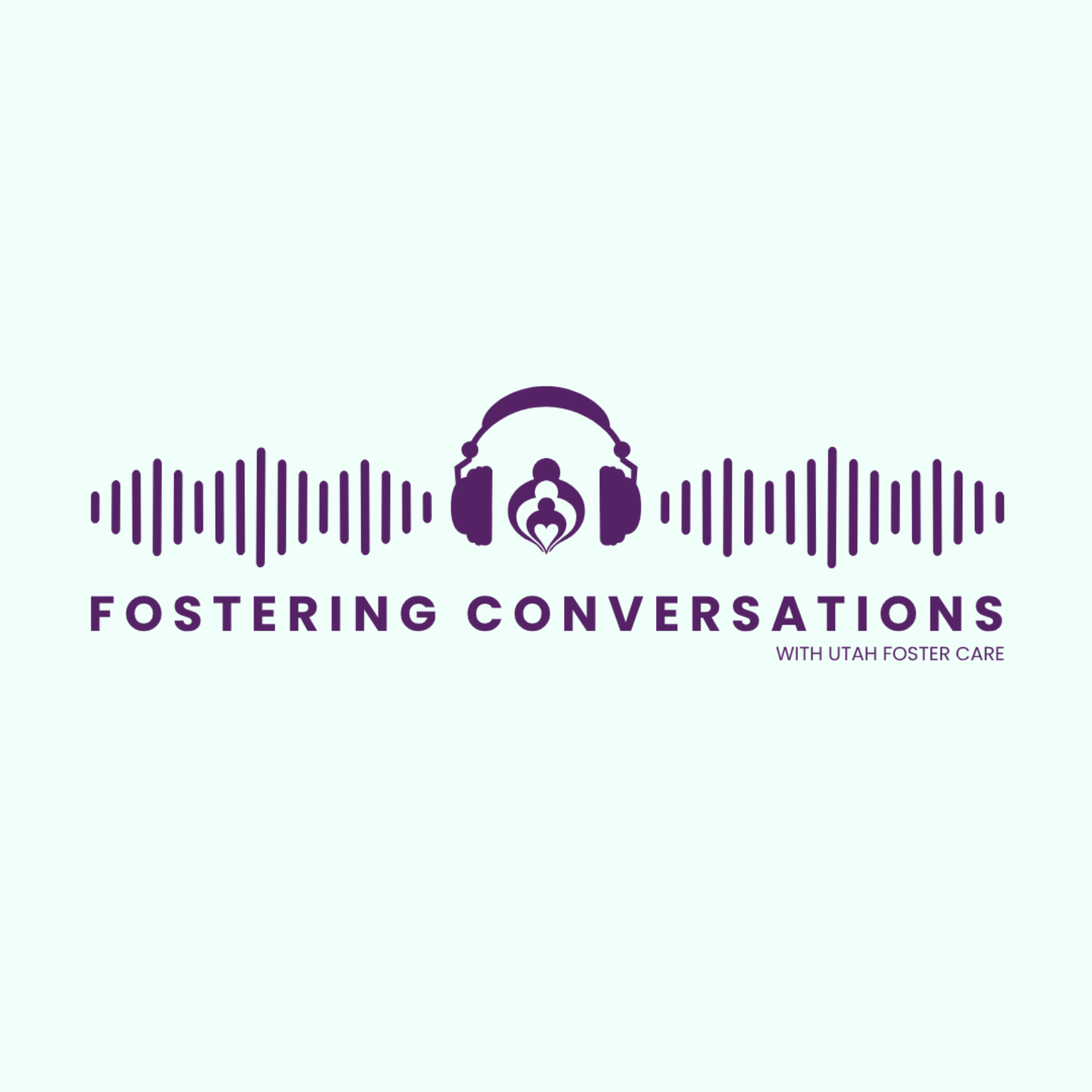Listen " Ep 63: Native Voices "
Episode Synopsis
In this episode of Fostering Conversations, guest host Liz Rivera guides a powerful dialogue with Native leaders and advocates about the importance of culture, tradition, and belonging for Native children in foster care.
You’ll hear from:
James Toledo (Utah Division of Indian Affairs) on how culture provides a foundation for resilience.
Stephanie Benally (Native American Specialist, Utah Foster Care) on supporting Native children’s traditions in foster homes.
Craig Sandoval (Urban Indian Center of Salt Lake) on creating culturally responsive models for Native youth and families in urban Utah.
Together, they reflect on the sacred role of clans, ceremonies, and language, as well as the ongoing significance of the Indian Child Welfare Act (ICWA) in preserving tribal sovereignty and protecting children’s cultural identity.
Listeners will learn why everyday practices—from observing ceremonies to speaking Native languages—help children thrive, and how foster parents can honor and support these connections, even outside of tribal communities.
Transcript:
Liz: [00:00:00] On today’s episode, you’ll hear how cultural traditions give Native children strength and belonging, and why the Indian Child Welfare Act or ICWA is so critical , in protecting those connections for children in foster care. Welcome to Fostering Conversations. I’m your host, Liz Rivera, filling in for Amy Smith. We have a special episode for you today. We’re weaving together conversations with several native leaders and advocates here in Utah.
Liz: Let’s begin with introductions in Navajo culture, introductions are not just about your name, they’re about where you come from, your clans, your language, and [00:01:00] lineage. First, we’ll hear from James Toledo from the Utah Division of Indian Affairs, followed by Stephanie Benally, the Native American specialist from Utah Foster Care, and finally, from Craig Sandoval from the Urban Indian Center of Salt Lake.
James: Ya, uh, James Toledo
James: and, and again. Thank you. I, I’m a member of the Navajo Nation and we introduce ourselves, sharing our clans. So as we probably will talk about this later in the program, our clans are a way to identify our family relationships, connections with others within our community.
Stephanie: Hello. Thank you. I am a citizen of Navajo Nation. My clans are Red Streak people born for Bitter Water. My maternal grandfather is Mexican People clan, and my paternal grandfather is Red House. Thank you very much for the opportunity to participate on the podcast.
Craig: Hello everybody, and wanted [00:02:00] to introduce myself and my native language. First [Navajo introduction].
Craig: So I introduced myself in my native Navajo language. Just wanted to reintroduce myself in English for all the non Navajo speakers. Good day to everybody. My name is Craig Sandoval, and I’m originally from New Mexico in a small community named Pueblo Pintado, New Mexico. So it’s [00:03:00] just west of Albuquerque, made about two hours.
Craig: And my clans are Near the Water People. I’m born for the Mexican clan. My maternal grandparents are the Red Paint People, and my paternal grandparents are the Towering House People. And so that’s who I am, and that’s where I come from. And then now I’m here in Salt Lake working to p...
More episodes of the podcast Fostering Conversations with Utah Foster Care
Ep 65: Blocked Care
11/11/2025
Ep 64: Building Care Communities
07/10/2025
Ep 62: Aging Out Strong
02/08/2025
Ep 61: Support Through Service
08/07/2025
Ep 60: Safe Homes, Strong Kids
03/06/2025
Ep 59: Common Thread
13/05/2025
Ep 58: Celeste Edmunds
08/04/2025
Ep 57: Laura ~ Foster Parent Mentor
11/03/2025
Ep 55: With Siblings ~ Daniela Coats
07/01/2025
 ZARZA We are Zarza, the prestigious firm behind major projects in information technology.
ZARZA We are Zarza, the prestigious firm behind major projects in information technology.
